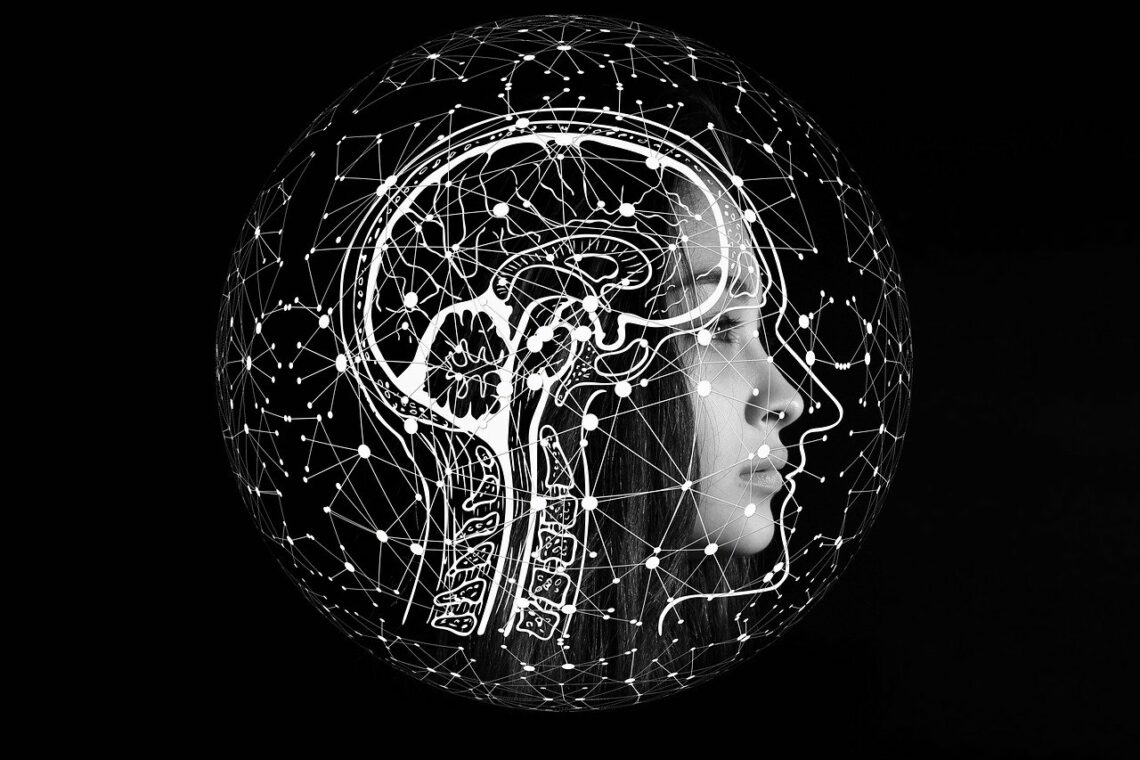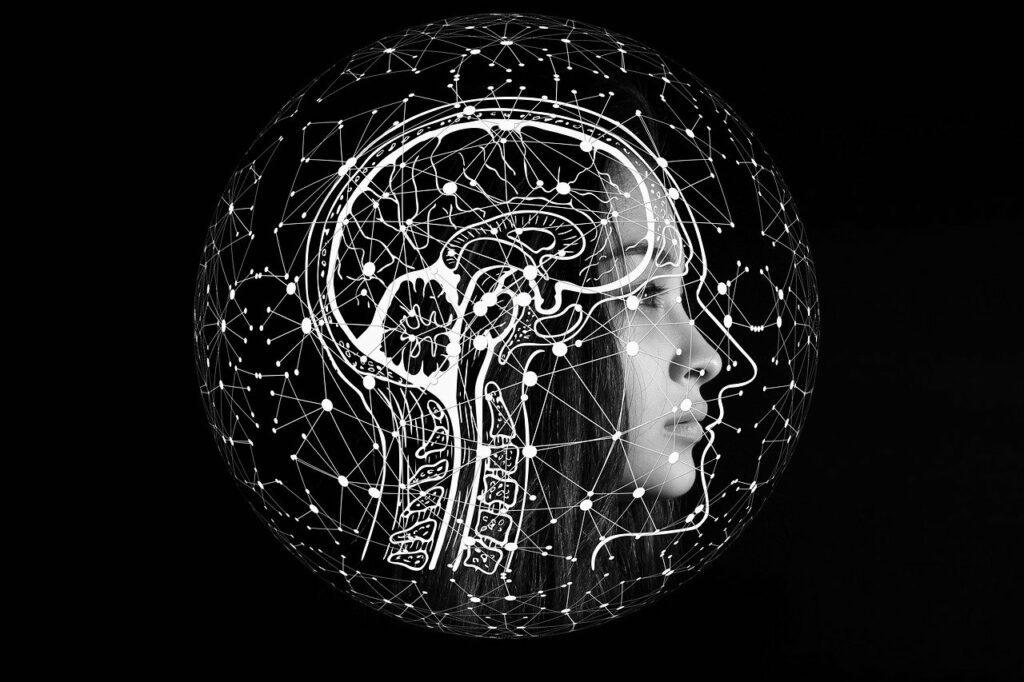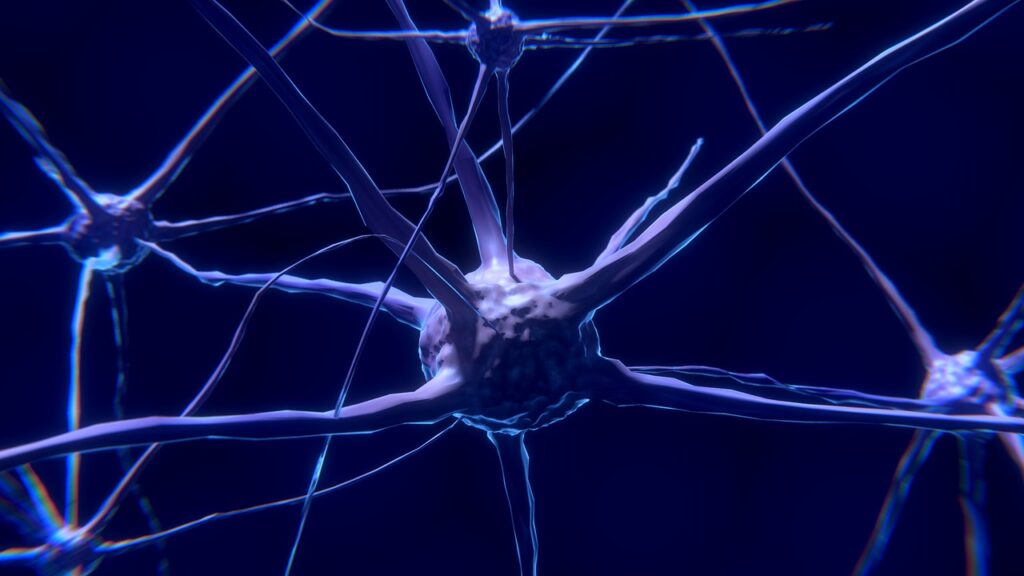
How To Avoid Misconceptions About The Brain
The human brain is arguably the most complex entity in the known Universe. For decades, scientists have studied the brain, fired up by a network of nearly 90 billion neurons. However, neuroscientists are only just beginning to discover how their activity relates to what happens in our minds.

If these common misconceptions about the brain are making you think that what you’ve known all these years is wrong, don’t worry. You are not alone. Besides, being wrong is awesome because it means we’re learning, so there is nothing to be ashamed of. We are all wrong from time to time, just think of Ignaz Semmelweis, who discovered that basic hand washing can prevent disease in the 19th century, but was ridiculed for it.
We only use 10% of our brains
This is a common myth that suggests most of our brain is inactive. In reality, various regions of the brain are active at different times, and brain imaging studies show widespread activity even during simple tasks. Some more complicated tasks, such as dancing, yoga, learning a musical instrument, or a new language can profoundly improve your brain health. When we learn something new, we create new neural pathways that promote neuroplasticity and change our brains.
Drinking alcohol kills brain cells
While excessive alcohol consumption can have detrimental effects on brain function, moderate drinking does not kill brain cells. It can, however, affect the communication between neurons. Alcohol is a mood-altering drug that increases the production of serotonin. Also known as the “happy drug”, serotonin is a precursor molecule to melatonin (the sleep hormone). So having a drink a few hours before going to bed can help “turn off the lights” but excessive consumption often leads to restless sleep.
Brain damage is always permanent
Severe brain injuries can lead to long-lasting effects, but the brain has the ability to reorganize itself and form new connections, allowing for recovery and rehabilitation in many cases. Following a brain injury, other parts of the brain can sometimes take over functions that were previously performed by a damaged area, highlighting the brain’s ability to adapt and reorganize in the face of adversity.
Listening to classical music makes you smarter
This idea, known as the “Mozart effect,” suggests that listening to classical music can enhance cognitive function. Music can have temporary effects on mood and cognitive performance, but there is no evidence that it permanently boosts intelligence. A study done by the NIH on The Relationship between Music and Food Intake links classical music to better digestion, and increased food enjoyment.
Brain size determines intelligence
The brain plays a crucial role in intelligence, however, the size of the brain alone is not a definitive indicator. Brain structure, connections between neurons, and how efficiently the brain processes information are also important factors. Almost 70% of our brain is water, the rest is fat, proteins, salts, and carbohydrates. When we learn new and challenging things, the brain can grow in size but that alone does not make us more intelligent.
We are born with a static number of brain cells
Contrary to the belief that we stop forming new neurons after adolescence, studies have shown that neurogenesis, the process of generating new neurons, occurs throughout life. Many newborn neurons in the brain die shortly after birth, with more dying than surviving. To survive and integrate into the brain, new neurons require support from neighboring glial cells, nutrients from the blood, and most importantly, connections with other neurons. Without these connections, neurons deteriorate and perish. Current research indicates that the hippocampus, a brain region crucial for learning and memory, is the most active area of neurogenesis in adults. The discovery that the adult human brain can generate new cells offers hope for new therapies to repair aging or damaged brains.

Changes in the brain only take place during infancy and childhood
The brain’s ability to change and adapt based on learning, experience, and memory formation can happen at any age. This neuroplasticity allows new neural pathways to strengthen with learning, while infrequently used pathways weaken and may eventually die. Examples include blind individuals repurposing sight-related brain areas for hearing, and learning new skills like playing the violin, which “rewires” parts of the brain for motor control. Creating a stimulating environment for your brain can lead to positive changes at any age. Here are some actionable tips to enhance brain health:
- Learn Something New: Engage in activities that challenge your brain, such as learning a new language, playing an instrument, or exploring new places through travel.
- Prioritize Sleep: Ensure you get enough restful sleep to support dendritic growth, which helps in transmitting information between neurons. Maintain a consistent sleep schedule and create a sleep-friendly environment.
- Stay Active: Regular physical exercise has numerous brain benefits, including potentially preventing neuron loss and promoting new neuron formation. Aim for at least 150 minutes of moderate-intensity cardio and two days of strength training per week.
- Practice Mindfulness: Cultivate mindfulness by focusing on the present moment without dwelling on the past or future. This can enhance neuroplasticity and improve overall brain health.
By incorporating these practices into your daily routine, you can promote brain plasticity and support your brain’s health and functionality.
Male and female brains have different structures
The idea that male and female brains have fundamentally different structures is a misconception. While there are some anatomical differences, the overall structure and function of male and female brains are more similar than different. Research shows that cognitive abilities are not significantly influenced by gender differences in brain structure. It’s important to recognize that differences in brain structure do not define individual capabilities or limit potential.
The idea of left-brain and right-brain people
Being a “right-brained” or “left-brained” thinker is a common myth. Some functions may be more localized to one side of the brain, however, both hemispheres are highly interconnected and work together for most tasks. Studies show no evidence of people having a stronger left or right-sided brain network. This myth likely originated from early research on brain injuries and later studies on patients with split brains. In reality, the two hemispheres collaborate, sharing information through the corpus callosum.
Nutrition doesn’t affect your brain health
Scientists claim that our second brain is located in the gut, with over 500 million neurons, 20 different types of nerve cells, and numerous complex micro-networks. Regardless of its small size, it is in constant communication with the brain in our head through the digestive tract. The brain requires high-quality nutrition to function optimally and protect against oxidative stress. Gut bacteria play a crucial role in overall health and brain function. Studies suggest that traditional diets high in vegetables, fruits, unprocessed grains, and fish may lower the risk of inflammation in the body, which is a main cause of illness.





